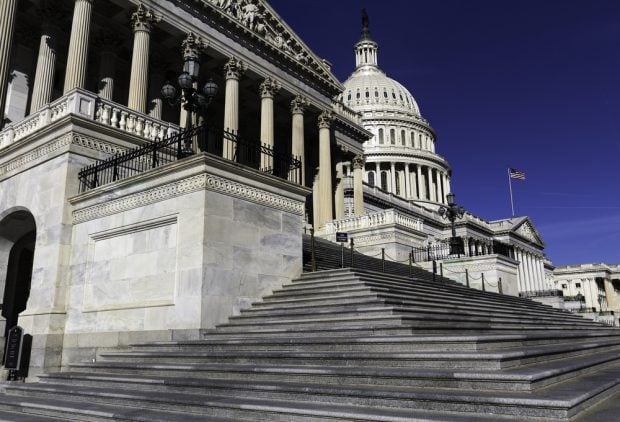A new study reveals that 77% of senior managers in the financialservices sector would consider ending relationships with clients ina particular jurisdiction because of local regulatory requirements and their global consequences, anew report shows.
|Global professional services firm Kinetic Partners, New York,released this finding in “Global Regulatory Outlook.” The studyexplores the views of senior executives within the banking, brokingand asset management industries.
|The report reveals that more than eight in 10 (86%) of chiefoperating officers say they would consider ending relationshipswith clients in a particular jurisdiction over the potentialconsequences of local legislative requirements. Additionally,78% of chief compliance officers and 66% of chief executive officers shared the same view.
|“Reading into these results and the potential consequences forthe U.S. market, there's clearly a sentiment that overregulationwill have undesirable and unintended consequences,” says JonathanSaxton, New York based Partner at Kinetic and the study'sco-author. “Between the various governing bodies such as theSEC, CFTC, FINRA and others, and the various markets and institutions theyoverlap, regulation has become increasingly complex.
|“The number of authorities to which institutions are answerable,makes for a more difficult environment in which to do business,” headds. “This could therefore seriously harm the competitiveenvironment.”
|The research study also reveals that, while most respondentshighlight commercial opportunities as the biggest influence overwhere they look to do business, local regulatory requirements isthe second most important factor. The challenge is both localand global.
|While the financial crisis has moved the stability of financialfirms to the top of the regulatory agenda, the shift towards morelocalized regulation has resulted in significant culturaldifferences in interpretation across several countries or regions,and therefore a more ambiguous regulatory environment.
|“When regulators are looking at how they are going toregulate the market, they are reacting to risk or an event,” saysSaxton. “But it's also important to balance that with what theimpact of the new regulation might be.
|“It's therefore key for regulators and the industry to engage,to make sure the balance is sensible, so as to create anenvironment that addresses the public's concern without stiflingbusiness and competition,” he adds.
|This article was originally posted atLifeHealthPro.com, a sister site of Credit UnionTimes.
Complete your profile to continue reading and get FREE access to CUTimes.com, part of your ALM digital membership.
Your access to unlimited CUTimes.com content isn’t changing.
Once you are an ALM digital member, you’ll receive:
- Critical CUTimes.com information including comprehensive product and service provider listings via the Marketplace Directory, CU Careers, resources from industry leaders, webcasts, and breaking news, analysis and more with our informative Newsletters.
- Exclusive discounts on ALM and CU Times events.
- Access to other award-winning ALM websites including Law.com and GlobeSt.com.
Already have an account? Sign In
© 2024 ALM Global, LLC, All Rights Reserved. Request academic re-use from www.copyright.com. All other uses, submit a request to [email protected]. For more information visit Asset & Logo Licensing.









